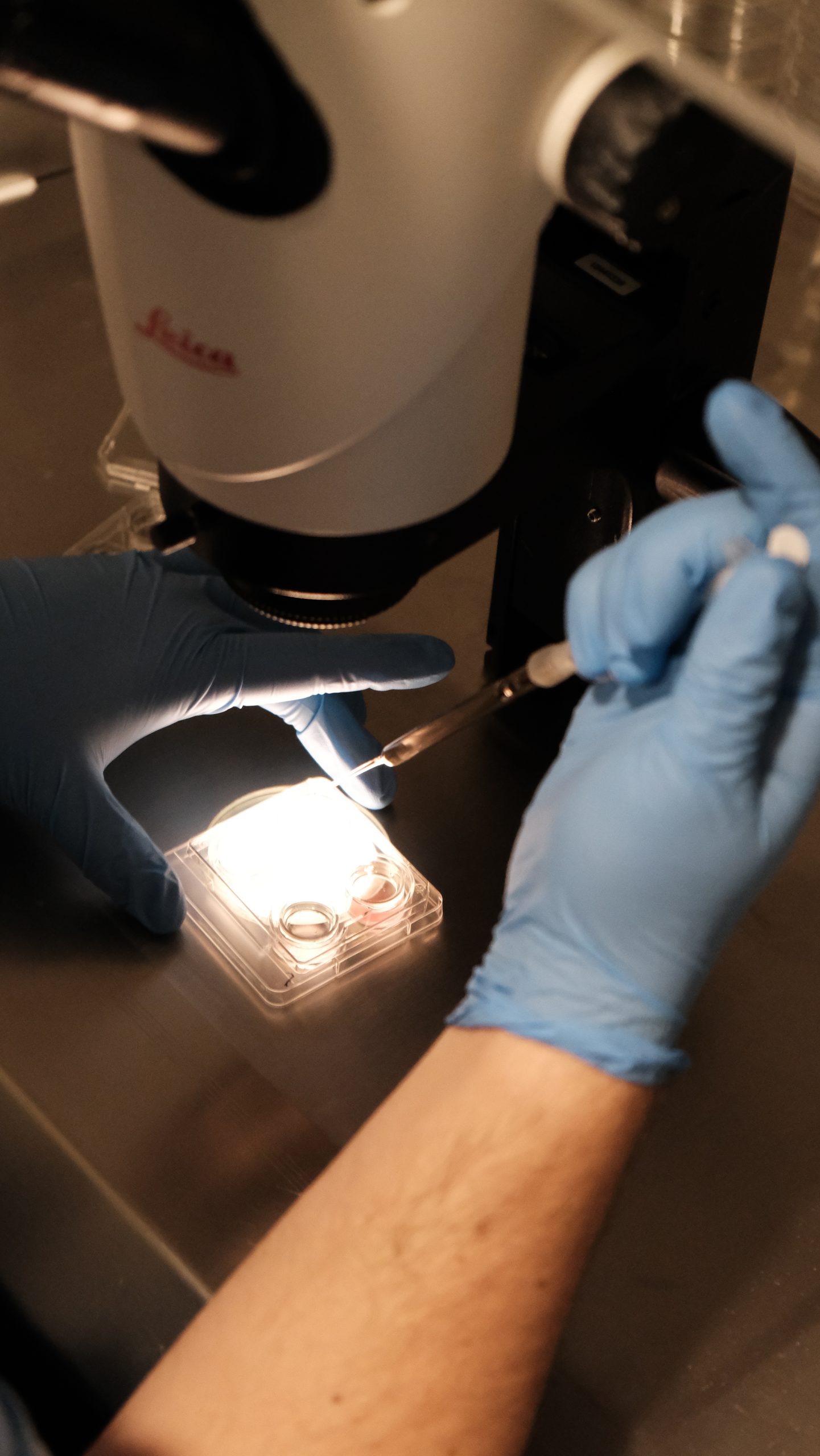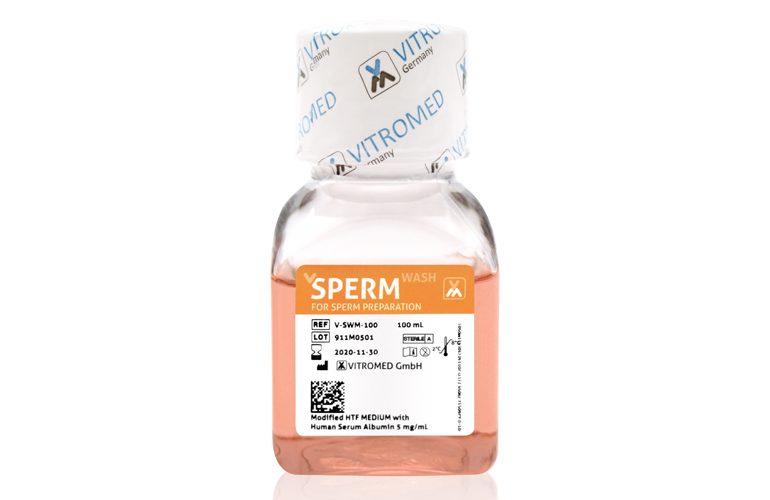Advancements in the IVF Field
Advances in the Field of In Vitro Fertilization (IVF)
In this week’s article we will talk about the advancements in IVF using artificial intelligence, and other techniques such as Next-Generation Sequencing. The field of In Vitro Fertilization (IVF) has seen remarkable advancements over the past few decades, significantly improving the success rates and accessibility of assisted reproductive technologies. These advancements in IVF have brought hope to millions of couples and individuals struggling with infertility. This article explores the latest innovations and breakthroughs in IVF that are shaping the future of reproductive medicine.
Next Generation Sequencing (NGS)
Next Generation Sequencing (NGS) is a revolutionary technology that has transformed the landscape of genetic testing in IVF. NGS allows for comprehensive chromosomal screening, enabling the identification of genetic abnormalities in embryos with greater accuracy than previous methods like Fluorescence In Situ Hybridization (FISH) and Comparative Genomic Hybridization (CGH). By selecting genetically normal embryos, NGS enhances the chances of successful implantation and reduces the risk of miscarriages and genetic disorders.
Time-Lapse Embryo Imaging
Time-lapse embryo imaging is another significant advancement in IVF. This technology involves the use of specialized incubators equipped with cameras that continuously monitor and capture images of developing embryos. By analyzing the time-lapse videos, embryologists can assess the growth patterns and developmental milestones of embryos without disturbing them. This non-invasive technique improves embryo selection, leading to higher implantation rates and better pregnancy outcomes.
Artificial Intelligence (AI) and Machine Learning
Artificial Intelligence (AI) and machine learning are making their mark in the IVF field by enhancing the accuracy of embryo selection. AI algorithms can analyze vast amounts of data, including time-lapse images and genetic information, to predict the viability of embryos. These algorithms consider various factors such as cell division patterns, morphology, and genetic markers to identify the most promising embryos for transfer. AI-driven embryo selection has the potential to increase IVF success rates and reduce the number of cycles needed to achieve pregnancy.
Cryopreservation Techniques
Advancements in cryopreservation techniques have significantly improved the outcomes of IVF treatments. Vitrification, a rapid freezing method, has replaced traditional slow-freezing techniques for preserving embryos and oocytes. Vitrification minimizes ice crystal formation, which can damage cells, thereby enhancing the survival rates of thawed embryos and oocytes. This advancement allows for the effective use of frozen embryos and oocytes in subsequent IVF cycles, providing more flexibility and higher success rates for patients.
Personalized Medicine and Genomics
Personalized medicine and genomics are playing a crucial role in tailoring IVF treatments to individual patients. Genetic testing of both partners can identify specific genetic factors contributing to infertility. Personalized protocols, including tailored hormone stimulation regimens and targeted treatments, can be developed based on genetic profiles. Additionally, preimplantation genetic testing (PGT) can screen embryos for specific genetic conditions, ensuring the transfer of healthy embryos and reducing the risk of inherited disorders.
Improved Culture Media
The development of advanced culture media has significantly enhanced embryo development and quality. Modern culture media formulations mimic the natural environment of the uterus, providing optimal conditions for embryo growth. These media contain essential nutrients, growth factors, and antioxidants that support the development of healthy embryos. Improved culture media have contributed to higher implantation rates and better overall IVF outcomes.
Minimal Stimulation and Natural Cycle IVF
Minimal stimulation and natural cycle IVF are approaches aimed at reducing the physical and emotional burden of traditional IVF treatments. Minimal stimulation IVF involves the use of lower doses of fertility drugs to stimulate the ovaries, resulting in the retrieval of fewer but higher-quality eggs. Natural cycle IVF, on the other hand, involves retrieving a single egg produced in a natural menstrual cycle without the use of fertility drugs. These approaches offer a more patient-friendly and cost-effective alternative to conventional IVF, with reduced risks of ovarian hyperstimulation syndrome (OHSS) and other side effects.
Advancements in Sperm Retrieval and Preservation
Innovations in sperm retrieval and preservation techniques have improved the success rates of IVF, particularly for men with severe male factor infertility. Techniques such as testicular sperm extraction (TESE) and microdissection TESE (micro-TESE) enable the retrieval of viable sperm directly from the testes in cases where no sperm is present in the ejaculate. Additionally, advancements in sperm cryopreservation have enhanced the quality and viability of frozen sperm, allowing for successful use in IVF treatments.
Integration of Holistic Approaches
The integration of holistic approaches into IVF treatments is gaining popularity, with an emphasis on the overall well-being of patients. Practices such as acupuncture, yoga, and mindfulness are being incorporated into IVF protocols to reduce stress, improve emotional health, and potentially enhance fertility outcomes. These complementary therapies can create a more supportive and positive experience for patients undergoing IVF.
Advancements in IVF
The field of IVF continues to evolve with groundbreaking advancements that are revolutionizing reproductive medicine. Technologies like Next Generation Sequencing, time-lapse embryo imaging, and AI-driven embryo selection are enhancing the accuracy and success rates of IVF treatments. Improved cryopreservation techniques, personalized medicine, and holistic approaches are providing patients with more effective and patient-friendly options.
As research and innovation continue to drive progress, the future of IVF holds even greater promise for individuals and couples seeking to build their families. Advancements in IVF will not only benefit the patients who are looking for successful pregnancies, but it will also help embryologists in many ways such as time conservation. If you want to read more about advancements in IVF, and other fertility treatments please take a look at our most recent articles.
For any of your infertility problems, please do not hesitate to contact us. At Fertility Solutions we pride ourselves with the excellent tailored personal care we provide to our patients for their specific needs. A team member will contact you as soon as we get your message, and construct a personal treatment plan for your fertility problems in the country of Cyprus. You can also contact our clinics directly through the links below.
Cyprus Crown IVF Contact: https://en.cypruscrownivf.com/contact
Cyprus American IVF Contact: https://www.cyprusamericanivf.com/contact-us/
Dr. Halil Ibrahim Tekin (Dr. HIT) Youtube: https://www.youtube.com/@dr.halilibrahimtekin1715
Cyprus American IVF Youtube: https://www.youtube.com/@AmerikanTupBebekMerkezi




